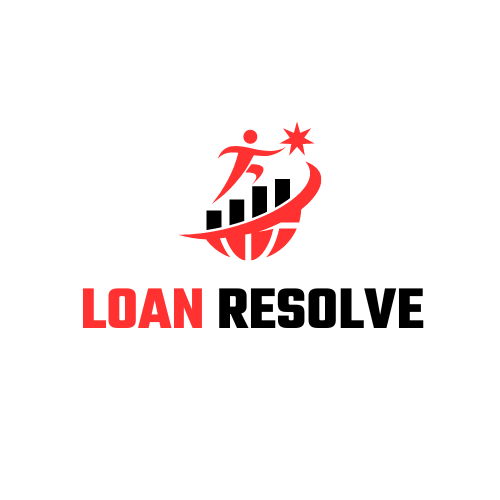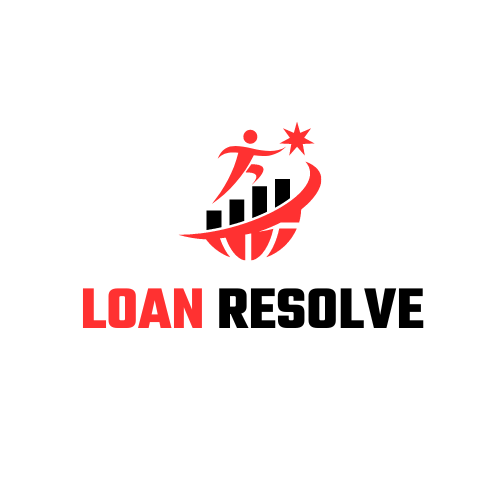Are you struggling to manage your debt? Are you overwhelmed by the constant calls and letters from creditors? Debt is a common reality in modern life, and most individuals have encountered it at some point. Managing finances can be challenging, especially when faced with high-interest credit cards or loans.
Debt can be overwhelming. Whether it’s credit card bills, medical expenses, or personal loans, multiple debts can lead to sleepless nights and constant stress. If you’re struggling to keep up with your payments, debt settlement might be the solution you are looking for.
Debt settlement is a debt relief option where you negotiate with your creditors to pay off a portion of your debt in a lump sum, which is usually less than the total amount owed. This process can provide significant relief for those drowning in debt.
What is debt settlement?
Debt settlement, also known as debt negotiation, is a process where you work with a debt settlement agency or company or a credit counselor to negotiate with your creditors to pay less than the actual amount you owe. The primary goal of debt settlement is to settle your debt for a lump sum payment that is less than the total amount owed. This can be an attractive option for individuals who are unable to pay their debts in full due to financial difficulties.
When an individual is unable to make repayments on a loan due to circumstances such as illness, injury, job loss, education, or other reasons, they may request a debt settlement agreement with the lender. This type of agreement allows the borrowers to take a break from payments for a period while they get back on their feet.
If the lender agrees to a debt settlement agreement the borrower may be offered a one-time settlement option where they can pay off the loan in one lump sum after a given period. This option can be appealing to borrowers who need time to gather funds. Once the loan is paid in full, the status of the loan is recorded as “settled” on the borrower’s credit report.
How does debt settlement work?
1. Assessment of financial situation :
Review debts: The borrower evaluates all outstanding debts, including amounts owed, interest rates, and creditor details.
Evaluate finances: An honest assessment of income, expenses, and available assets is conducted to determine how much can realistically be offered in a settlement.
2. Choosing a debt settlement company :
Research: Finding a reputable and trusted loan settlement company is crucial. Look for companies with good reviews and, a clear fee structure.
Consultation: Most companies offer an initial free consultation and services like anti-harassment services to discuss your financial situation and explain their process.
3. Holding payments to the creditor :
Save funds: Instead of making monthly payments to creditors, the borrower starts saving money in a dedicated account to accumulate a lump sum for settlement.
Expect increased contract: Creditors may increase their collection efforts, including calls and letters, as payments cease.
4. Negotiation process :
Debt settlement company negotiates: The debt settlement company contacts creditors to negotiate a reduced settlement amount. The aim is to convince creditors that accepting a lower payment is better than risking non-payment if the borrower declares bankruptcy.
Settlement offers: Creditors may agree to settle the debt for a lump sum that is less than the total amount owed.
5. Paying the settlement amount :
Agreement review: The borrower carefully reviews the settlement agreement, ensuring they understand the terms, the amount to be paid, and the deadline.
Making the payment: Using the funds saved, the borrowers pay the agreed-upon lump sum to settle the debt.
Confirmation: Written confirmation is obtained from the creditor that the debt is settled and considered paid.
6. After-settlement actions :
Credit report monitoring: The borrower ensures their credit report accurately reflects the settled debt.
Rebuilding credit: Efforts to rebuild credit include making timely payments on remaining debts, maintaining low credit utilization, and possibly using secured credit cards to re-establish a positive credit history.
Benefits of debt settlement
Debt settlement can provide several benefits, including :
- Reduced debt: Debt settlement can help you reduce the amount you owe, making it easier to manage your debt.
- Lower payments: By negotiating with creditors. You may be able to lower your monthly payments.
- Avoid bankruptcy: Debt settlement can help you void bankruptcy by providing an alternative solution to manage your debt.
- Improved credit score: By settling debts, you can improve your credit score over time.
Conclusion
Debt settlement can be a viable option for those overwhelmed by debt and looking for a way to reduce what they owe. However, it comes with significant risks and potential drawbacks, including a negative impact on credit scores and the possibility of illegal action. Before pursuing debt settlement, it’s essential to understand the process and the benefits and risks involved, so you can make an informed decision about whether debt settlement is right for you. Remember to research thoroughly and choose a reputable and trusted debt settlement company or credit counselor to help you navigate the process.

I am an experienced advocate with 8 years of expertise in handling legal matters related to loan settlement services. I am skilled in providing effective legal solutions, negotiating settlements, and representing clients in complex financial disputes, ensuring their rights are protected throughout the process.


